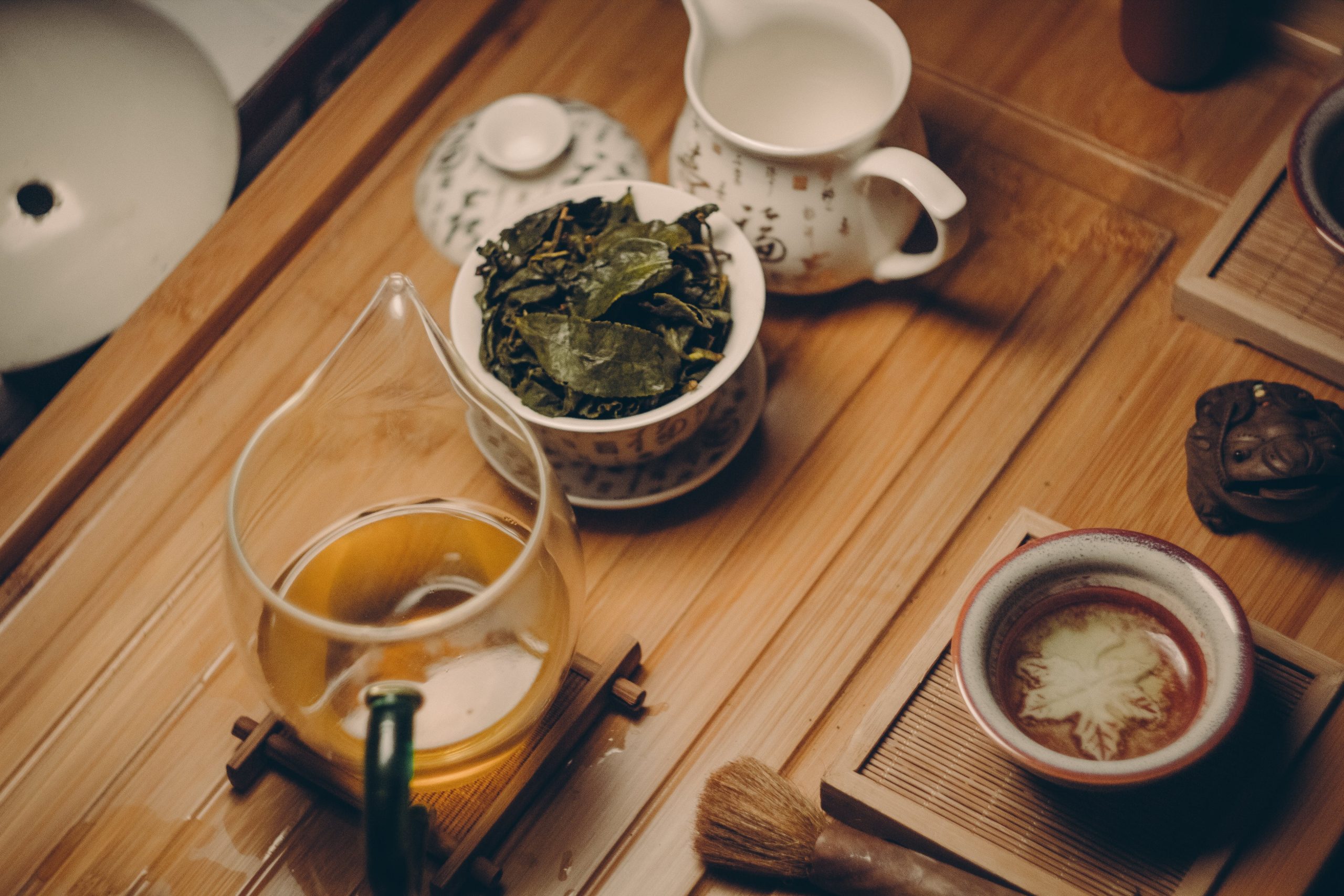Unlocking the Potential: Exploring the Impact of Ginger Tea on Scalp Health: Ginger, with its robust flavor and myriad health benefits, has long been celebrated for its medicinal properties. From soothing upset stomachs to alleviating inflammation, this versatile root has found its way into various culinary and therapeutic practices around the world. However, beyond its well-known digestive and anti-inflammatory properties, emerging evidence suggests that ginger tea may also offer potential benefits for scalp health.

The scalp, often overlooked in our daily skincare routines, plays a crucial role in the overall health and appearance of our hair. From dryness and dandruff to itching and inflammation, various factors can disrupt the delicate balance of the scalp, leading to discomfort and hair issues. While there are numerous commercial products available to address these concerns, natural remedies like ginger tea are gaining attention for their potential therapeutic effects.
Ginger tea is made by steeping fresh or dried ginger root in hot water, extracting its potent compounds and aromatic flavors. Rich in antioxidants, vitamins, and minerals, ginger boasts anti-inflammatory, antimicrobial, and circulatory-enhancing properties that may contribute to scalp health in several ways.

One potential benefit of ginger tea for the scalp is its ability to combat dandruff. Dandruff, characterized by flaky, itchy scalp, is often caused by an overgrowth of yeast-like fungus or inflammation. The anti-inflammatory and antimicrobial properties of ginger may help soothe irritation and reduce the proliferation of dandruff-causing microorganisms, promoting a healthier scalp environment.
Moreover, ginger tea’s circulation-boosting effects could also benefit scalp health by enhancing blood flow to the hair follicles. Improved circulation delivers essential nutrients and oxygen to the scalp, supporting hair growth and overall vitality. By stimulating circulation, ginger tea may help nourish the scalp, strengthen the hair roots, and reduce the risk of hair loss.
Additionally, the antioxidants found in ginger tea may help protect the scalp and hair follicles from oxidative stress and environmental damage. Free radicals, generated by factors like UV radiation and pollution, can damage cells and contribute to premature aging of the scalp and hair. Antioxidants neutralize these harmful molecules, preserving the health and integrity of the scalp and promoting shiny, resilient hair.

While the potential benefits of ginger tea for scalp health are promising, it’s essential to note that individual responses may vary. Factors such as underlying scalp conditions, genetics, and overall lifestyle habits can influence the effectiveness of any treatment regimen. Furthermore, incorporating ginger tea into your hair care routine should be done with caution, especially if you have sensitive skin or are prone to allergic reactions.
In conclusion, while more research is needed to fully understand the effects of ginger tea on scalp health, its antioxidant, anti-inflammatory, and circulation-boosting properties hold promise for promoting a healthier, more vibrant scalp. Whether enjoyed as a warming beverage or used topically in hair care preparations, ginger tea offers a natural, holistic approach to supporting scalp health and maintaining beautiful, luscious locks. As with any natural remedy, it’s advisable to consult with a healthcare professional or dermatologist before making significant changes to your hair care routine.
Read More: Managing High Blood Pressure: Causes and Remedies You Should Know
